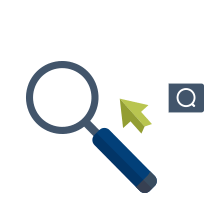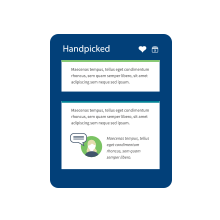If an accountant makes a mistake is the director responsible for a Personal Liability Notice?

A Personal Liability Notice (PLN) may be issued if a company has failed to pay its National Insurance liabilities, and HMRC believe fraudulent activity or serious negligence has taken place by an officer or officers of the company.
When an accountant has made an error and failed to make the company’s National Insurance payments, it’s possible that the director or directors will receive a PLN, but this very much depends on the circumstances of individual cases.
What is taken into account prior to issuing a PLN?
HMRC will take into account a number of circumstances prior to issuing a Public Liability Notice. These include the fact that an accountant’s error instigated their investigations. Although an accountant’s main duties include the payment of National Insurance Contributions (NICs), the company’s directors remain ultimately responsible for ensuring full compliance with their obligations.
If after investigations have taken place, “on the balance of probabilities” the non-payment of NI contributions was due to fraud or neglect by an officer of the company at that time, then that officer is culpable and may receive a Personal Liability Notice.
Is the accountant an ‘officer’ of the company?
When an accountant’s mistake has triggered the issue of a PLN, unless that accountant fulfils a significant management role within the business, it’s unlikely they’ll be regarded as an ‘officer’ of the company, and therefore not culpable.
This leads HMRC to target the company’s directors, or potentially other officers such as the Company Secretary or shadow directors, when apportioning blame. Instances of historical fraudulent behaviour or neglect leading to the issue of a PLN, could include:
- Running one or more companies with a history of failing to pay HMRC
- Certain key creditors being paid at the expense of other creditors including HMRC
- Historical fraudulent activity, or serious negligence by the director
- A history of ‘phoenixism’ - a common and lawful method of business rescue, but one that has the potential for abuse if not correctly administered and justified by a licensed insolvency practitioner.
- Taking large director salaries whilst failing to pay HMRC
What does a Personal Liability Notice include, and when can it be challenged?
The PLN will specify the person HMRC believes to be culpable, and therefore personally liable for the outstanding amounts of National Insurance. These amounts will include:
- Employer and employee NI contributions
- Class 1A and Class 1B contributions
- Interest and any penalties on the contributions
The time to challenge a PLN is whilst HMRC investigations are still underway. A director or group of directors may make representations in their defence as to why the company failed to pay its NIC liabilities.
In general terms, persistent failure to pay and serious levels of negligence are acted upon by HMRC. Each case will present its own unique circumstances, however, and be treated differently by HMRC’s Public Liability Notice team.
If a company director receives a Personal Liability Notice for the non-payment of NICs, and this is due to a mistake made by the company’s accountant, it’s crucial to obtain professional advice.
HMRC have a dedicated PLN team that investigates non-payment of National Insurance contributions, and issues Personal Liability Notices. They’re unlikely to issue a notice unless relatively confident that their debt can be recovered.
If you’re in receipt of a Public Liability Notice, we can put you in contact with a fully qualified accountant with practical experience. Handpicked Accountants have extensive professional relationships with accountants around the UK who will be able to help you communicate with HMRC, and advise on the best way forward.







